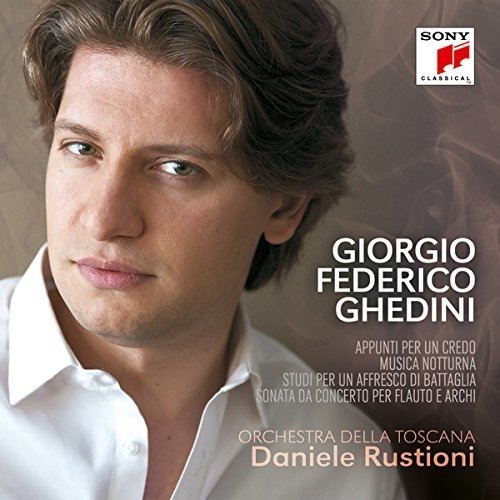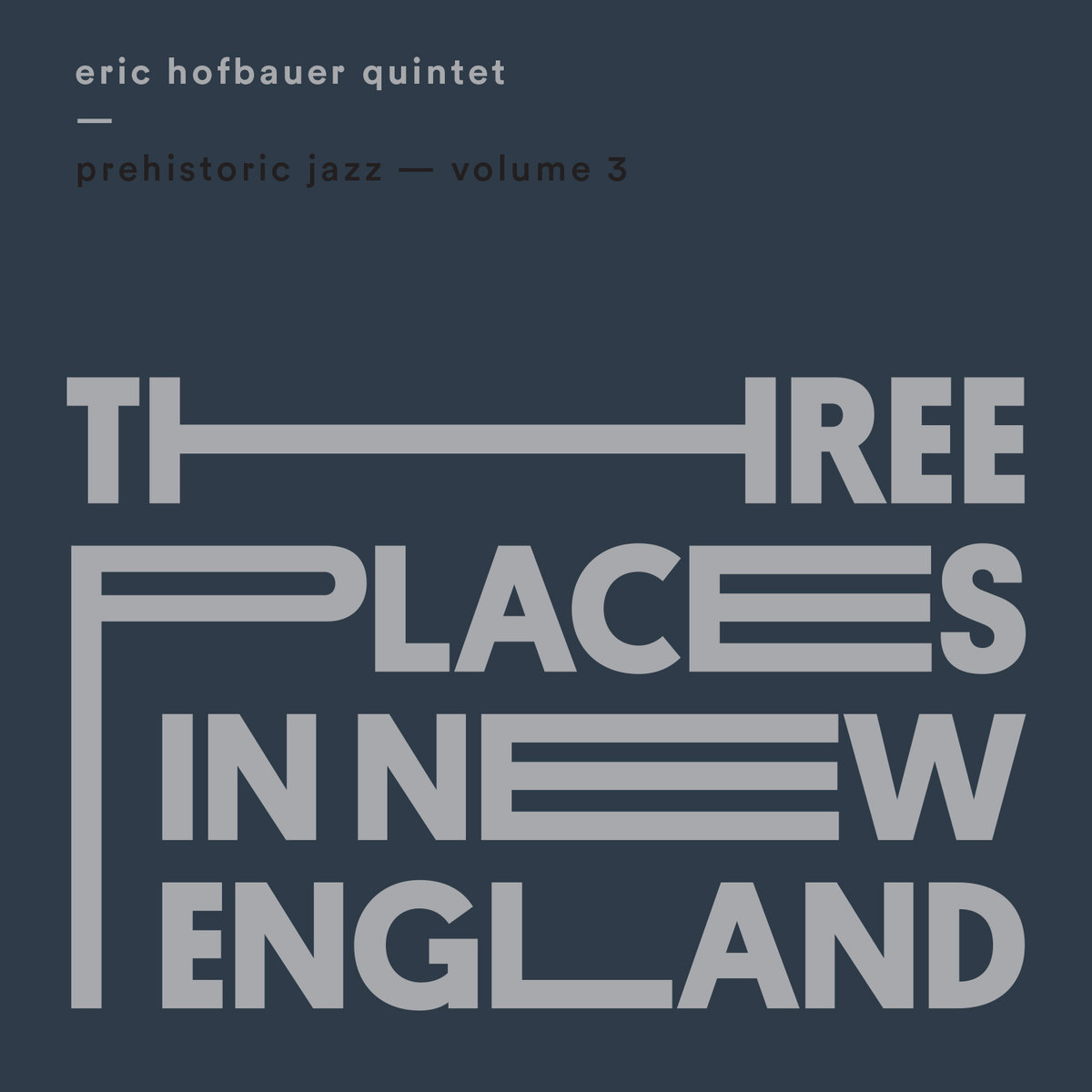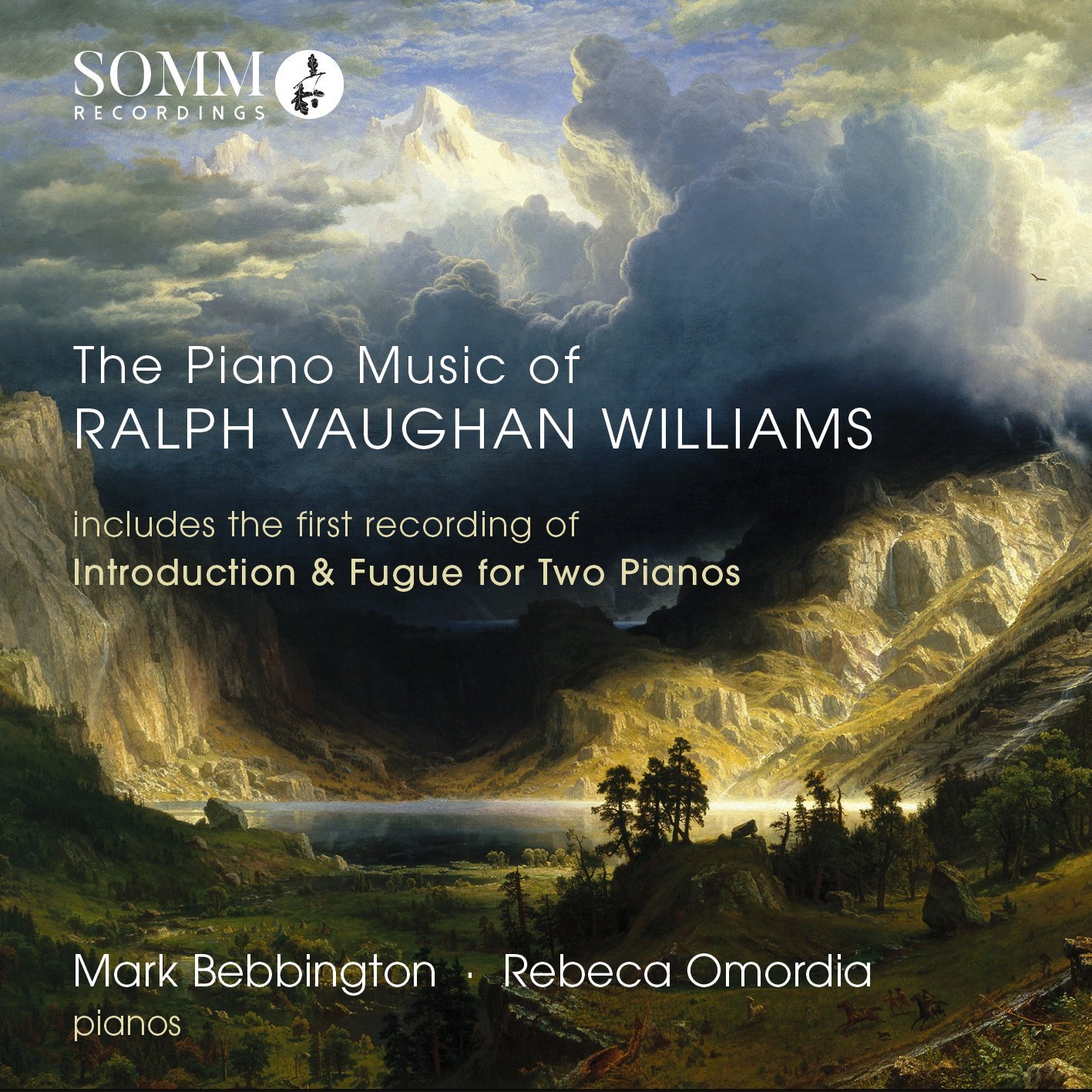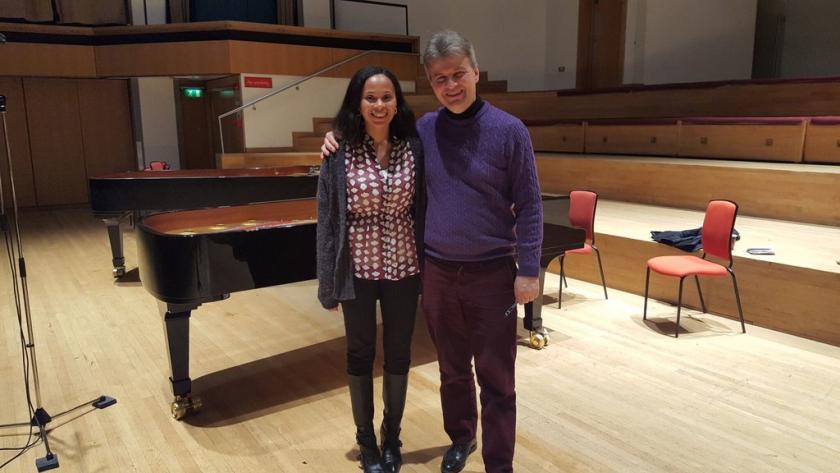 Ghedini: Orchestral Music Orchestra della Toscana/Daniele Rustione (Sony)
Ghedini: Orchestral Music Orchestra della Toscana/Daniele Rustione (Sony)
Yet more music you’ve never heard by a composer who really should be better known. Giorgio Federico Ghedini (1892-1965) wrote an opera based on Melville’s Billy Budd several years before Britten, and revered Bartók, Hindemith and Stravinsky. He admired Schoenberg, though believed that, “through personal experience… it is possible to find and develop a series of 12 sounds that are purely tonal sounds, or with a sense of tonal affirmation.” Ghedini was fascinated by the music of the Italian Renaissance, transcribing works by Gabriel and Monteverdi, spending his final decades in charge of the Milan Conservatory. If fastidiously crafted, neatly orchestrated mid-20th century music is your bag, look no further. It is my bag, and I was bowled over by this disc. Sheer beauty of sound is a constant; ravishing orchestral effects are deployed with incredible subtlety, serving a musical language where every note counts. Take the Sonata da concerto for flute and strings (with the excellent Andrea Oliva as soloist): deeply serious and playful by turns, with a delicious payoff.
Ghedini’s Musica Notturna is an exquisite, subdued nocturne, and his Appunti per un Credo is an eloquent tribute to a recently deceased music critic. Weightier is the Studi per un affresco di battaglia, an angry work inspired by the mass killing of Italian prisoners by German troops in 1943. The performances by Florence’s Orchestra della Toscana under Daniele Rustioni blaze with commitment. Good notes and fulsome sound too; maybe this welcome release will kickstart the Ghedini revival.
 Ives arr. Hofbauer: Three Places in New England Eric Hofbauer Quintet (Creative Nation Music)
Ives arr. Hofbauer: Three Places in New England Eric Hofbauer Quintet (Creative Nation Music)
Charles Ives’s best-known "orchestral set" Three Places in New England usually lasts about 20 minutes. Guitarist Eric Hofbauer’s ingenious arrangement is looser than his brilliant transcription of Stravinsky’s Rite, the three pieces lasting twice as long. All for the good; the extra legroom allows Ives’s tunes to breathe, unencumbered by layers of orchestral murk. The music’s vernacular roots have never been more lucidly exposed. This music is full of appealing diatonic melodies, though Ives tends to superimpose them in different keys. You suspect that he’d have enjoyed Hofbauer’s jazzier interpolations, like the extended blues near the close of The ‘St. Gaudens’ in Boston Common.
Ives’s music can be a slog if played in too heavy-handed a manner. But this small-scale version of Putnam’s Camp is a revelation, an intoxicating slice of goofy jazz, with trumpeter Jerry Sabatini taking a starring role. Hofbauer inserts Albert Ayler’s Ghosts at the start of the central dream section, sneakily interrupted by muted trumpet and Todd Brunel’s clarinet. The final seconds are uproarious, capped by Brunel’s spectacular upward glissando. If you’re not smiling, you’ve no soul. The Housatonic at Stockbridge opens with the mellowest of cello solos accompanied by insectile guitar figurations. And the shattering climax is overwhelming, even delivered by chamber forces. Newcomers to Ives should start with his Symphony No. 2. Then move on to this disc.
 Vaughan Williams: Piano Music Mark Bebbington, Rebecca Omordia (Somm)
Vaughan Williams: Piano Music Mark Bebbington, Rebecca Omordia (Somm)
The revelation here is the first recording of the Introduction and Fugue for two pianos, a huge, craggy masterpiece composed in the aftermath of World War 2 which puts the lie to any suspicion that Ralph Vaughan Williams was a bumbling amateur. An austere introduction leads to a dazzling extended fugal section and an imposing, gruff close. You can’t believe that it’s not better known. Nothing else on this disc is quite so startling, but there are some wonderful surprises. Like the two-piano transcriptions of the Tallis Fantasia and Greensleeves. The former sounds splendid, the harmonies brought into sharper focus and contrapuntal lines easier to follow. Pianists Mark Bebbington and Rebecca Omordia maintain the original’s sense of mystery, giving us a sharp woodcut rather than a hazy watercolour.
Bebbington plays the solo pieces. Most significant is Vaughan Williams’s last solo piano work, 1947’s The Lake in the Mountains. Thoroughly idiomatic in terms of piano writing, it’s six minutes of unadulterated loveliness. Other discoveries include a delicious 1920 Suite of Six Short Pieces and A Little Piano Book. The latter sequence suggests an English take on Bartók’s Mikrokosmos. Well documented and sumptuously recorded, with attractive sleeve art – a winner.














Add comment